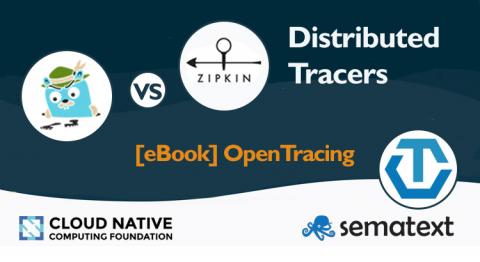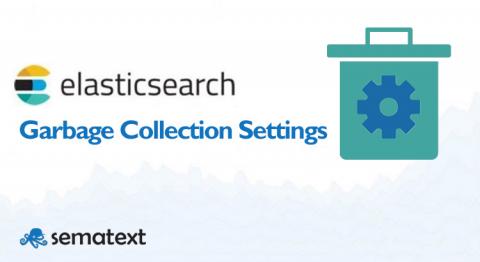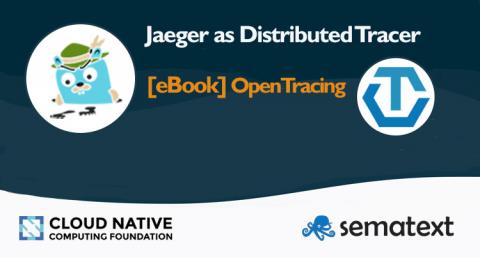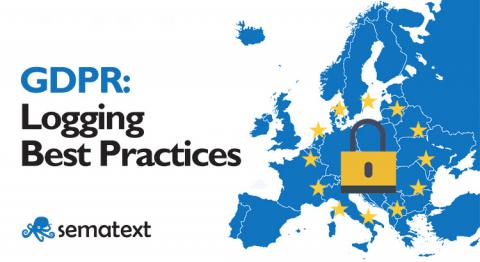Jaeger vs Zipkin - OpenTracing Distributed Tracers
In the previous three parts of our OpenTracing series, we provided an Overview of OpenTracing, explaining what OpenTracing is and does, how it works and what it aims to achieve, we looked at Zipkin – a popular open-source distributed tracer and then at Jaeger – a newer open-source distributed tracer developed under the CNCF umbrella. In this blog post – the last part of the OpenTracing series – we will compare Jaeger vs. Zipkin side by side!





